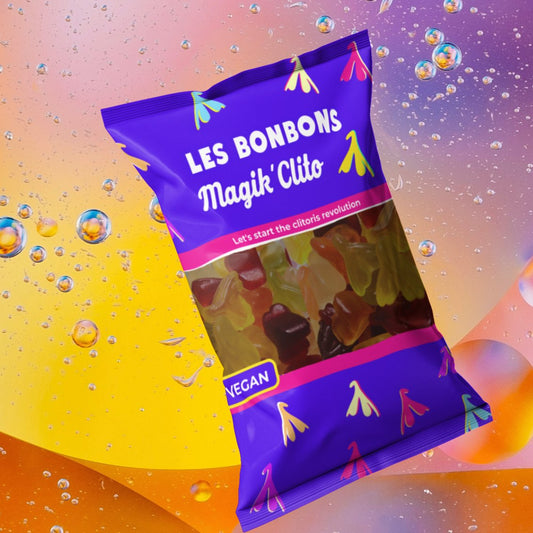
The Great Princess. A tale that deconstructs sexist norms
Share

The princess leaves her small planet to look for a large planet the size of her dreams. During her journey, she will land on eight extraordinary planets inhabited by extraordinary women. From Simone Veil to Rosa Parks, each of them will offer her great life lessons to guide her in her quest.
Are you ready to dream?
A philosophical tale about the power of women.
A real little journey that talks about the big questions of life.
Here is an extract from La Petite Feuille de chou , the only one worth it: the Belgian, who speaks with love of this magnificently feminist tale.
...the conquest of their planet
From the front cover, Julia Pietri, who writes, illustrates and edits La Grande Princesse (Better Call Julia, 2021), sets the tone and the answer to the
Little Prince by Saint-Exupéry, classified as an unbeatable super-classic , as everyone knows. Her hero will be a heroine, mixed race, black hair, dressed in an ensemble of mixed colors (blue, purple, pink). She releases a multi-colored kite. She jumps and dances on an aquamarine-colored planet with her back to us, somehow escaping us. Nothing to do with his historical alter ego, static, hands in his pockets and large astonished or melancholy eyes, watercolored by his author. To the six masculine and disappointing planets (those of the king, the vain, the drinker, the businessman, the lamplighter and the geographer) visited by this ethereal being who will disappear from the page, from the lives of the readers ·rices and the aviator narrator, without hope of return, succeed eight planets on which inhabit Rosa Parks, Simone Veil, Antoinette Fouque, Janis Joplin, Helen O'Connell, Chimamanda Ngozi Adichie, Malala Yousafzai and Greta Thunberg, whose " mini bios” are presented in the final paratext.
The great princess does not run away from anything, but seeks and finds on each planet something to make her happen, thanks to conversations with these famous women who in turn arm her with freedom, rebellion, creativity, knowledge, independence, time and daring.
As for the meeting with the one "who wore two pretty blonde braids" on "planet Earth", "the greatest of all", discovered "one morning in March", the great princess who understands that she will never possess it completely alone, will she agree to share it with “eight billion inhabitants” and “realize her wildest dreams”? It is torn by this dilemma that she finally comes across the young narrator, also in search of her destiny. This time, it is up to the great princess to pass on a woman's advice to the anonymous little girl before flying away : “Let your power surprise you and I will return. »
Single text by Nelly Chabrol Gagne University Clermont Auvergne (France) Co-responsible for the Master Edition: Editorial creation of children's and general literature (É-CELJG)




